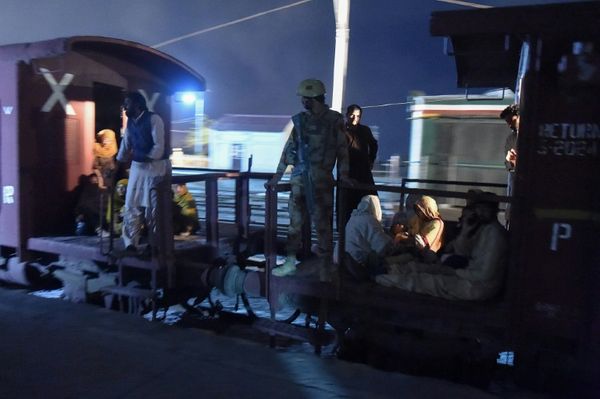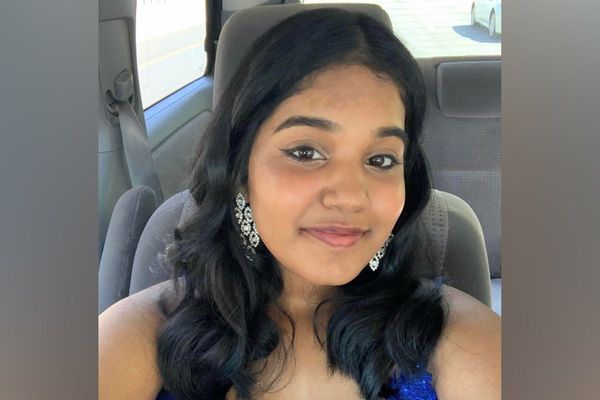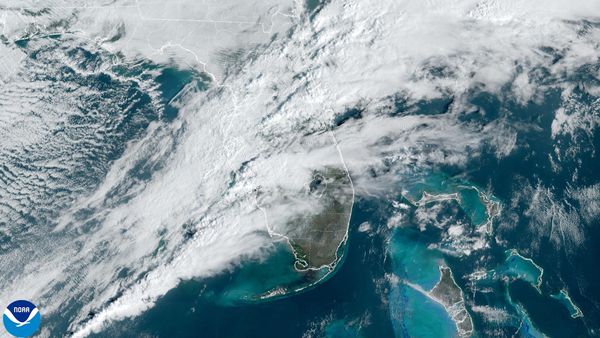Thousands of people in Dakar attended a rally demanding harsher laws to clamp down on same sex relations. Rights organisations say they are following the situation in Senegal with great concern.
“In Senegal, there are definitely more people, of all age and social class, who share the views of those who demonstrated on Sunday than there are promoting the rights of the LGBT+ community,” said Drissa Traoré, the secretary-general of the International Federation for Human Rights (FIDH).
He told RFI that the Senegalese who support the homosexual community “do not dare to publicly voice their opinions”.
Sunday’s rally in Senegal’s capital was organised by a group known, in the Wolof language as And Samm Jikko Yi (Together we protect our values) regrouping some 125 local associations.
Nn à l'homosexualité au sénégal pic.twitter.com/yV9rG8TsHT
— Nyafouna Djibril (@NyafounaD) February 20, 2022
Eleven members of parliament belonging to this group tabled a draft law in December 2020 seeking to toughen already severe laws against same sex relations. It was later rejected in January.
The office of the National Assembly issued a statement saying that President Macky Sall made it clear that homosexuality will not be legalised and that it is already “severely punished by the Senegalese penal code”.
Tougher law
Senegal’s article 319:3 states that “whoever will have committed an improper or unnatural act with a person of the same sex will be punished by imprisonment of between one and five years”. Accompanied by a fine ranging between approximately 150 to 3,000 euros.
The rejected bill would have increased jail time to 10 years for anyone who commits an “act against nature” with someone of the same gender as well as suppression of their civic rights.
“Act against nature” is defined as “lesbianism, homosexuality, bisexuality, transsexuality, intersexuality, bestiality, necrophilia and similar practices”.
In addition, anyone writing, speaking or financing advocacy in favour of LGBT+ rights would face penalties of three to five years in prison and a fine of around 750 to 7,750 euros.
Elections in five months
Imam Aliou Ndao from the And Samm Jikko Yi group called on the Speaker to bring back the rejected bill to be examined and adopted by Parliament.
Oustaz Alioune Sall, a “marabout” or religious leader, said that there should be more members of parliaments reflecting the group’s views within the Senegalese parliament and that the MPs who rejected the draft law need to be “punished” at the 31 July legislative elections.
Babacar Mboup met en garde et donne les noms des députés qui ont rejeté la loi sur la criminalisation de l'homosexualité
— LVI La Vallée Info (@valleeinfo) February 20, 2022
La suite c'est ici https://t.co/yjhUN5WLLf#lavalleeinfo #dakar #senegal #nonLGBT pic.twitter.com/0pRvxaqFCS
Ababacar Mboup, coordinator for And Samm Jikko Yi, went on to name the MPs who decide which bill will be put to parliamentary vote and who rejected draft the draft law.
“When it comes to sensitive issues like homosexuality, religion and politics become intrinsically linked,” said Traore. “And it’s the same in most of West Africa.”
“The language used is also meant to pressure members of parliament. They are saying, if you vote against our law then you are voting against the people of Senegal.”
Unwavering stance on homosexuality
Saara, a young Senegalese in Paris who followed Sunday’s rally on social media, told RFI that religious leaders should stick to religion.
“Their job is to take care of people, not meddle in politics. But I do agree with them that homosexuality goes against our religion,” he said.
President Macky Sall, has always maintained – be it within or outside Senegal - that he will not decriminalise homosexuality.
“We have our own beliefs, our own civilisation. People should learn to respect that. In the name of what, because homosexuality is decriminalised elsewhere, should it now become a universal law?”, he said on French TV in 2013, a year after being elected President.
Eight years later, FIDH's Traoré said Sall’s position has not changed.
“Sunday’s event is another regression against the rights and dignity of the LGBT+ community. We are quite concerned about how the situation is evolving in Senegal,” he added.







